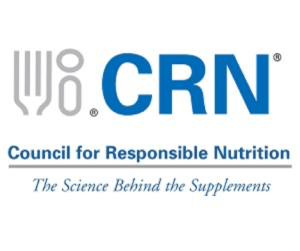Following decades of marketing NAC as a dietary supplement with the permission of FDA, in July 2020, FDA issued multiple warning letters asserting that products containing NAC cannot be marketed as supplements, due to the drug preclusion clause of the FD&C Act, which states that supplements cannot contain articles that FDA has approved as a drug, unless the ingredient was used before it was tested as a drug. FDA’s July 2020 letters state that NAC was approved as a new drug in 1963, and was not marketed as a supplement before that, and therefore cannot be marketed as supplements.
Related: CRN Updates Retailers on FDA’s Position on NAC CRN Foundation Launches Consumer Ed Site About Vitamin D and COVID FDA Announces Seizure of $1.3m in Kratom
CRN feels that the policy change is legally invalid on multiple grounds. First, the records for NAC drug approval contain unreliable information, including handwritten dates and unverifiable information. Second, NAC drugs approved prior to 2016 appear to contain different forms of NAC from that used in supplements. Third, this policy change violates the well-established “presumption against statutory retroactivity”—in other words, it is assumed that if FDA has no objected to NAC prior to this, then the agency will not retroactively find a reason to object to it. Finally, CRN states that this policy violates the “equitable defense of laches,” referring to a specific legal defense that prevents a party from ambushing another from failing to make a legal claim in a timely manner—in other words, the delay between the act of selling NAC supplements and FDA’s warning letters was unreasonably long.CRN is requesting that FDA revert to its longstanding policy of allowing manufacturers to market supplements containing NAC.
The full petition can be foundhere.










